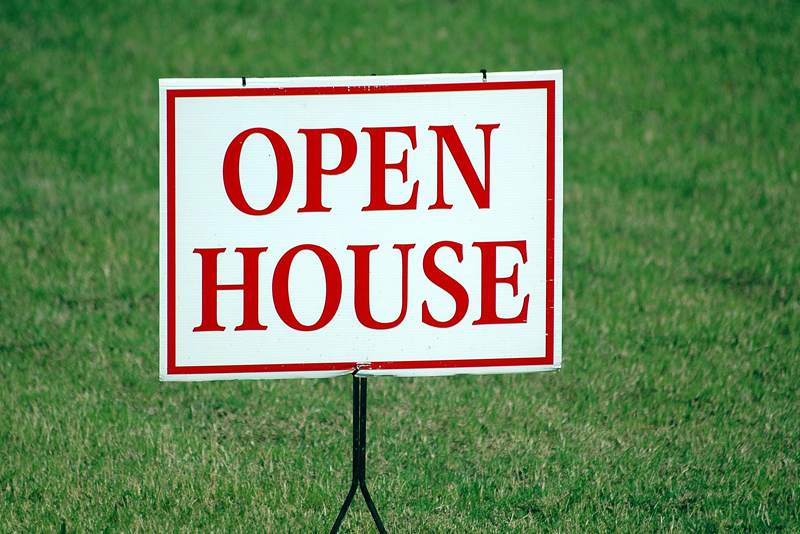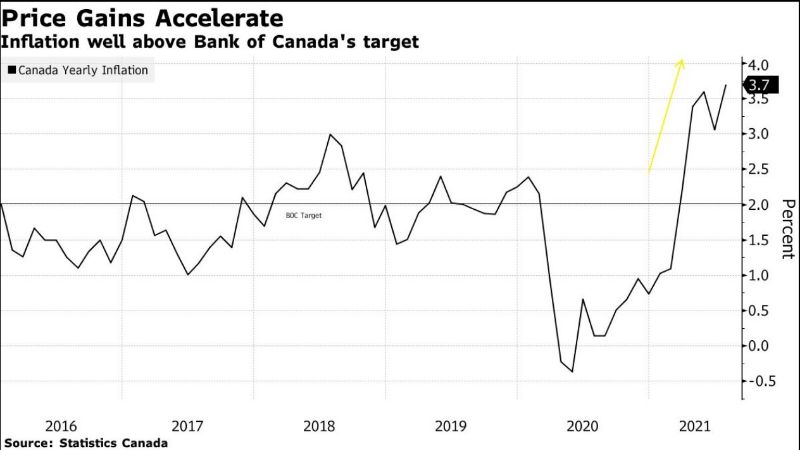Many view beautiful British Columbia on Canada’s west coast as a safe haven to invest and protect their money, globally diversify their holdings, and keep it out of the hands of their local tax collectors. Others buy properties for children or other family members working or attending school in Canada. Here’s what you need to know before buying your dream home in BC.
Foreign Ownership
Foreigner nationals who plan on spending less than six months a year in Canada can keep a home in Vancouver without having to apply for residency. Those who buy a property and plan on living in it more than six months have to legally immigrate to the country and apply for permanent residency.
Taxes
When purchasing real estate in Vancouver or its surrounding suburbs, foreign nationals are subject to the same property tax and property transfer tax as Canadians. However, non-residents of Canada may be subject to Canadian income taxes if they decide to let or sell the property. However, foreign buyers do have to pay a 25 percent withholding tax on rental income that, unlike for Canadian property owners, is usually taken off the monthly rent.
To ensure you’re compliant with Canadian income tax laws, visit the Canadian Revenue Agency (CRA’s) website for more information.
Mortgage Qualification
Homebuyers from abroad are subject to the same fees and taxes as Canadians when purchasing real estate in Vancouver, although they do face larger down payments, typically up to 35% of the purchasing price compare to 5 to 10% for Canadians.
Like any country, when qualifying for a mortgage, Canadian lenders will determine whether or not the borrower can afford the loan amount requested based on a number of factors. These include, but are not limited to, annual income abroad, property taxes, strata fees (if applicable, and the maximum mortgage payment the borrower can afford each month, based on the chosen mortgage rate and amortization period.
Choosing the Right Mortgage: Fixed vs. Variable
Variable Rate Mortgages have become overly popular lately as borrowers are eager to take advantage of the low Prime rate. When applying for a mortgage, we do our best to help our clients find the lowest rates and most suitable mortgage products. However, often after our initial consultation, some of our borrowers are surprised to hear that they don’t qualify for a five-year Variable-Rate Mortgage (VRM) and have no choice but to take the five-year Fixed-Rate Mortgage (FRM) instead. After all, if the VRM is lower, why should qualifying for it be more difficult?
If you wish to pursue a VRM, you have to prove to the lender that you can afford for variable rates to increase more than 4.64% over the next five years and afford future mortgage payments by using the ‘Qualifying Rate’. The Qualifying Rate was legislated by the Canadian government and requires you to qualify for a five-year fixed mortgage to ease affordability concerns with lesser mortgage terms and variable rates. Right now, the Qualifying Rate, set by the Bank of Canada is at 4.64% and closely resembles the average posted five-year fixed rates from most Canadian lenders. The five-year fixed discounted rate is currently at 2.69%, this is the rate that most borrowers qualify for when obtaining a FRM.
Choosing the Right Mortgage Broker
We work with a lot of overseas clients and have perfected a process to communicate with them about foreign ownership in Canada to eliminate the need to physically be in the Greater Vancouver Area to choose the right mortgage.
Want more information? Contact Us to discuss flexible mortgage options for non-residents or check out what our valuable clients are saying about our services on our testimonials page.


